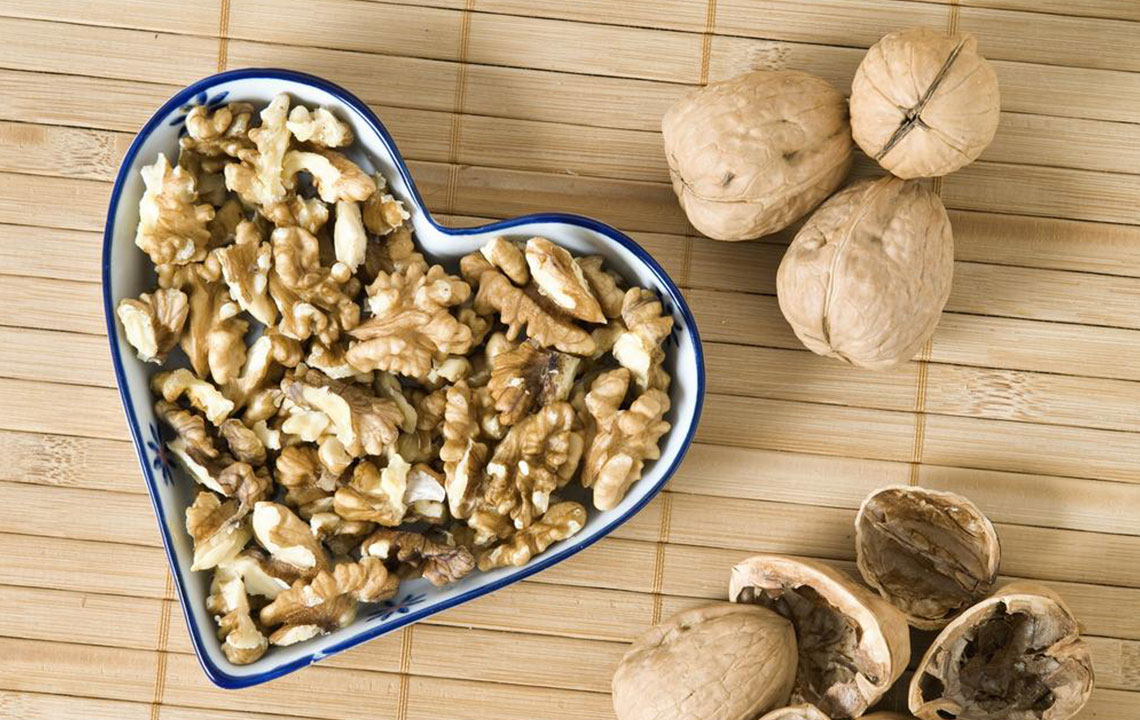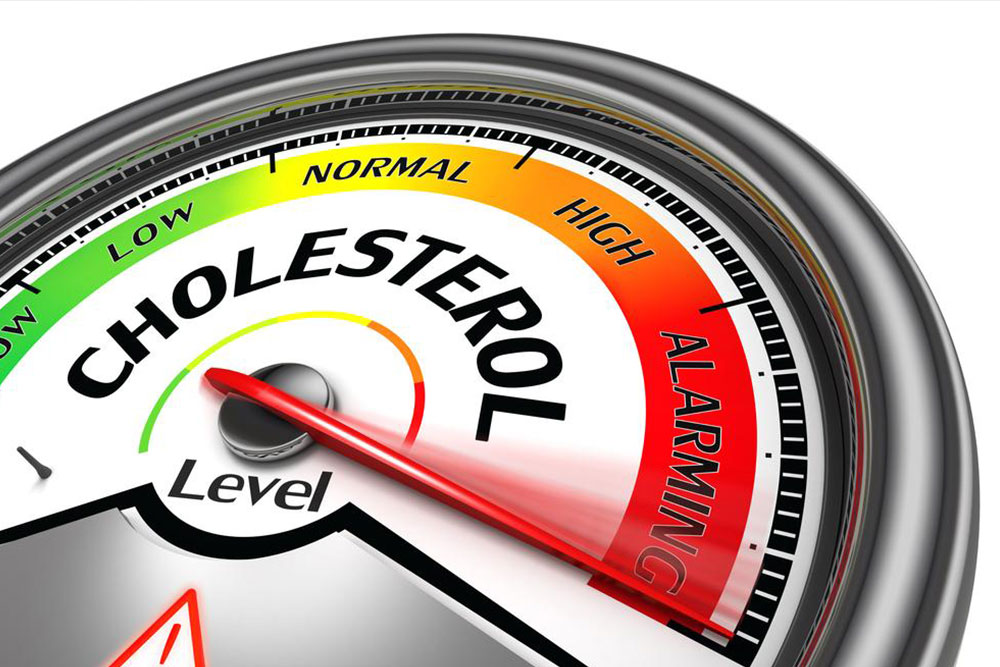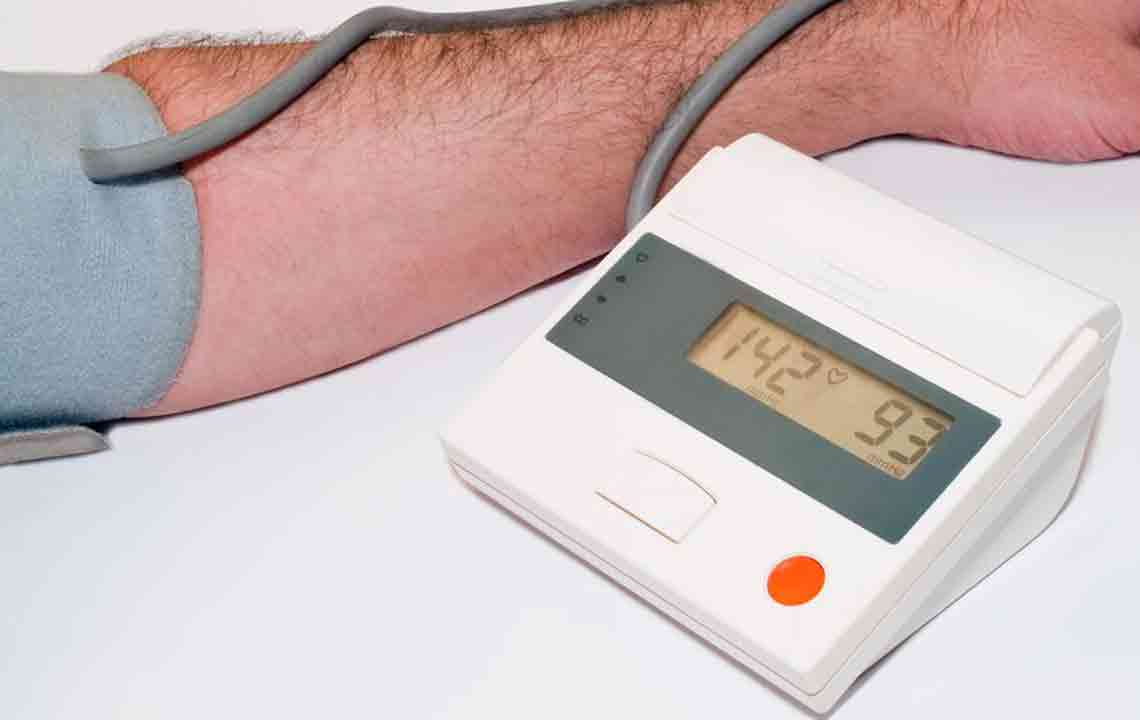Effective Natural Strategies to Manage Your Cholesterol Levels and Promote Heart Health
Discover comprehensive natural strategies to manage cholesterol and improve heart health. Learn about the roles of HDL and LDL, dietary influences, and effective home remedies like nuts, oatmeal, and herbal teas. Adopt lifestyle changes, monitor your levels, and reduce cardiovascular risks through simple, natural methods for sustained health and vitality.

Understanding Cholesterol and How to Maintain Healthy Levels
Cholesterol is a critical waxy substance that plays an essential role in your body's health. It is involved in building and maintaining cell membranes, facilitating hormone production, and supporting various bodily functions. Despite its importance, having too much cholesterol in your bloodstream can pose serious health risks. Excess cholesterol can lead to the development of plaque in your arteries, increasing the chances of heart attacks, strokes, and other cardiovascular issues. The primary sources of cholesterol are your liver, which naturally produces it, and your diet, especially foods rich in saturated fats, trans fats, and cholesterol-containing items like meat, dairy products, and highly processed foods.
Most of the cholesterol present in your body is synthesized by the liver, with dietary intake playing a supporting role. When you consume foods high in saturated and trans fats, your liver responds by increasing cholesterol production. This excess in cholesterol can deposit on the walls of your arteries, leading to narrowing and blockage, which impairs blood flow and strains the heart. Therefore, understanding how dietary choices influence cholesterol levels is crucial for maintaining optimal heart health.
Cholesterol is classified into two main types based on their functions: HDL (High-Density Lipoprotein) and LDL (Low-Density Lipoprotein). HDL is often referred to as the 'good' cholesterol because it helps remove excess cholesterol from your bloodstream and transport it back to the liver for disposal. Conversely, LDL is known as the 'bad' cholesterol because high levels can lead to plaque formation within arteries, increasing the risk of atherosclerosis and cardiovascular disease. Maintaining a healthy balance between these two forms is vital for overall health.
Fostering elevated HDL levels and controlling LDL is essential for the proper functioning of vital organs and the prevention of heart-related conditions. Interestingly, unhealthy cholesterol levels are often more influenced by lifestyle choices than by genetics alone. Factors such as diet, exercise habits, smoking, alcohol consumption, and body weight significantly impact cholesterol levels. Therefore, making positive lifestyle modifications can be highly effective in managing cholesterol naturally.
Common contributors to high cholesterol include a diet high in saturated fats, trans fats, refined sugars, and processed foods; a sedentary lifestyle with little physical activity; smoking cigarettes; being overweight or obese; and certain genetic predispositions. Recognizing these factors is the first step towards implementing targeted strategies to improve cholesterol levels without solely relying on medication.
Natural and home-based remedies can play a significant role in balancing cholesterol. Incorporating specific foods and herbal teas into your daily routine can support the body's natural cholesterol regulation processes. For instance, coriander seed tea, nuts like almonds and walnuts, oatmeal, and gooseberries have been traditionally used to enhance lipid profiles. Regular consumption of these items, combined with physical activity and routine health check-ups, promotes sustained healthy cholesterol levels and reduces the risk of cardiovascular diseases.
Adopting a holistic approach to heart health involves lifestyle changes such as increasing physical activity, maintaining a balanced diet, avoiding tobacco and excessive alcohol intake, and managing stress. Tracking your cholesterol levels periodically with a chart or health app helps monitor progress and motivates ongoing healthy habits. Remember, even small daily adjustments—like choosing healthier snacks, walking more, or reducing sugar intake—can make a profound difference in your long-term heart health and overall vitality.
In conclusion, managing cholesterol effectively requires a comprehensive understanding of your body's needs and proactive lifestyle changes. By integrating natural remedies, maintaining balanced nutrition, staying active, and monitoring your health regularly, you can naturally regulate your cholesterol levels and significantly reduce your risk of cardiovascular issues. Taking charge of your health today lays the foundation for a healthier, more energetic tomorrow.





